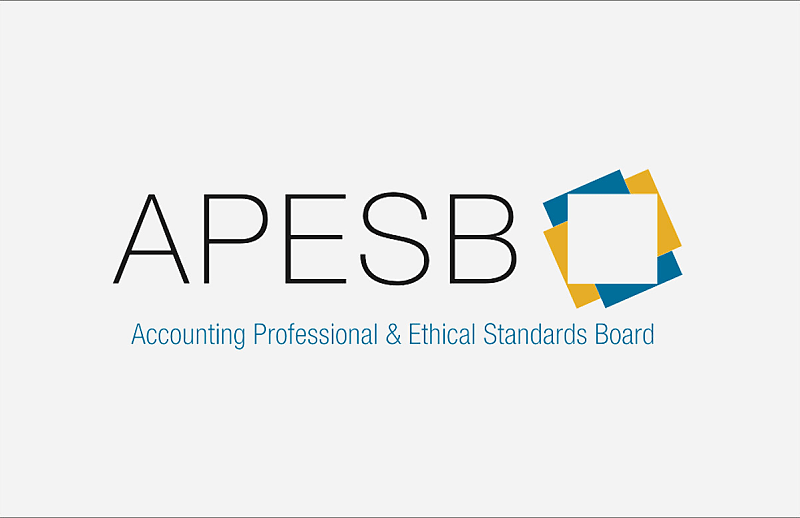The untapped strategic advantage of ethical culture for accountants, auditors
RegulationAt a recent conference, the head of the Australian Accounting Professional and Ethical Standard Board (APESB) argued that accounting and audit firms must embrace an ethical culture as a strategic advantage and discouraged practitioners from having a compliance mindset.

Last week, at the Ethics & Independence Conference, hosted by the International Code of Ethics for Professional Accountants, the chief executive of APESB, Channa Wijesinghe, said: “Recent events have shown that a strong ethical culture could have been a tool that prevented reputational damage and costly regulatory penalties.”
Wijesinghe, who is the vice-chair of IESBA, serves on the planning committee and is involved in other task forces that focus on tax planning, sustainability, and firm culture. He was one of five panel speakers at a recent conference hosted by the International Ethics Standards Board for Accountants (IESBA) in Lisbon.
Strong ethical culture: a tool
On the panel, Wijesinghe stressed that accounting and audit firms need to move beyond a compliance mindset and embrace an ethical culture as a strategic advantage.
In a statement, APESB noted that regulatory pushbacks have occurred in several major jurisdictions and, despite growing geopolitical tensions and economic uncertainty, several governments have moved to “simplify oversight and reduce regulation.”
Wijesinghe also stressed the importance of ethical leadership and governance with independent input. Further, he encouraged the use of incentives and disincentives to embed ethical values across firms, “especially in a time of heightened expectations and scrutiny”.
In April last year, Accountants Daily reported on IESBA’s three-year strategy (2024-2027), which addressed the recurring failures in the profession, noting that public trust in the accountancy profession was damaged by recurring high-profile corporate failures and ethical lapses in firms.
“The global spotlight on accounting ethics is largely the result of Australia's Accounting Professional and Ethical Standards Board's (APESB) work, which raised the issue with the IESBA last year,” the report read.
Call to action
To measure ethical culture, culture surveys and balanced scorecards were among the practical recommendations made by the panel.
It also stressed that an anonymous reporting system to ensure firm-wide accountability is “essential [for] reinforcing ethical behaviour and navigating issues such as AI and emerging regulatory risks.”
“Ethics must be front and centre in every strategic decision,” Wijesinghe said.
He said that senior leadership was responsible for encouraging a framework for ethics in their firms.
He explained that for a strategic advantage to be achieved, ethics must be embedded into its governance structures and strengthened through performance management systems that reward ethical conduct.
“An effective ethical culture enables the delivery of quality professional services, strengthens public trust and positions firms for long-term success.”
Carlos Tse
Carlos Tse is a graduate journalist writing for Accountants Daily, HR Leader, Lawyers Weekly.




